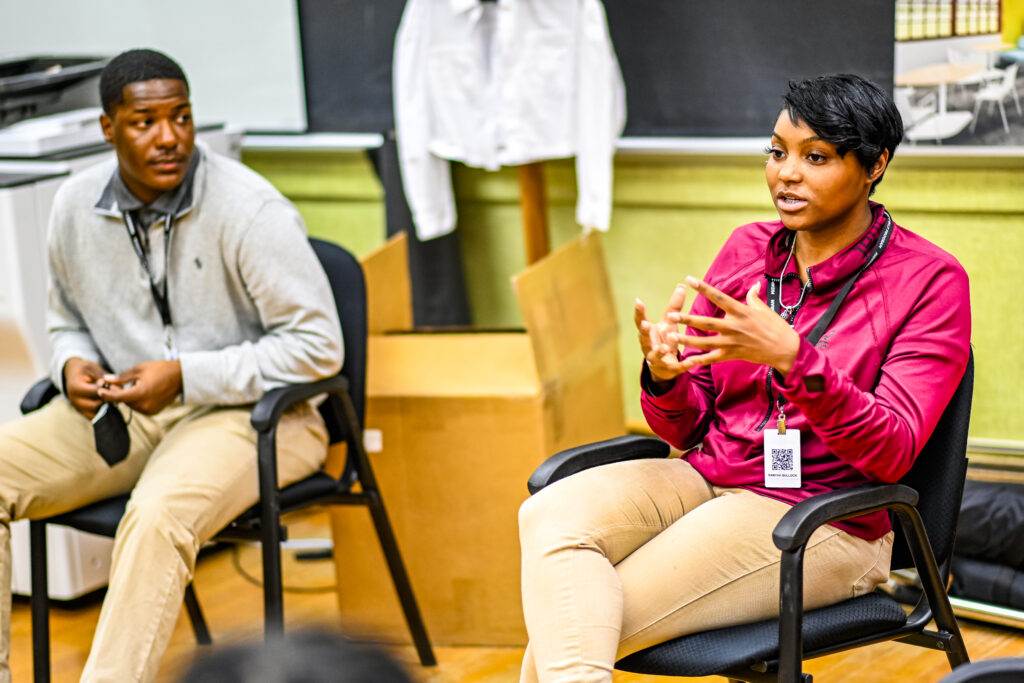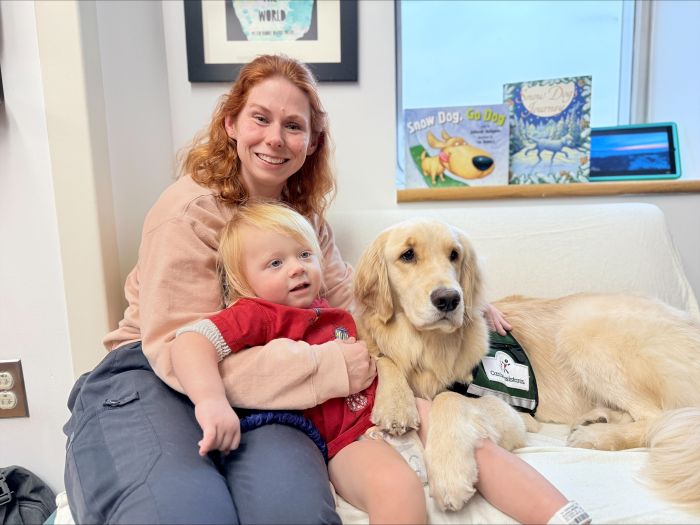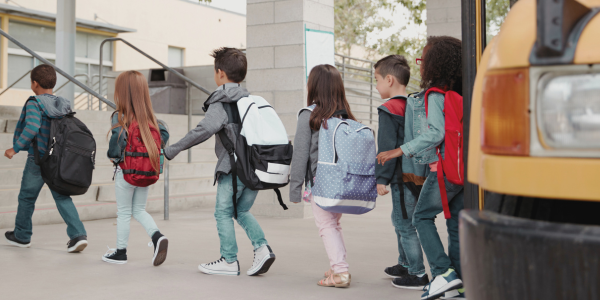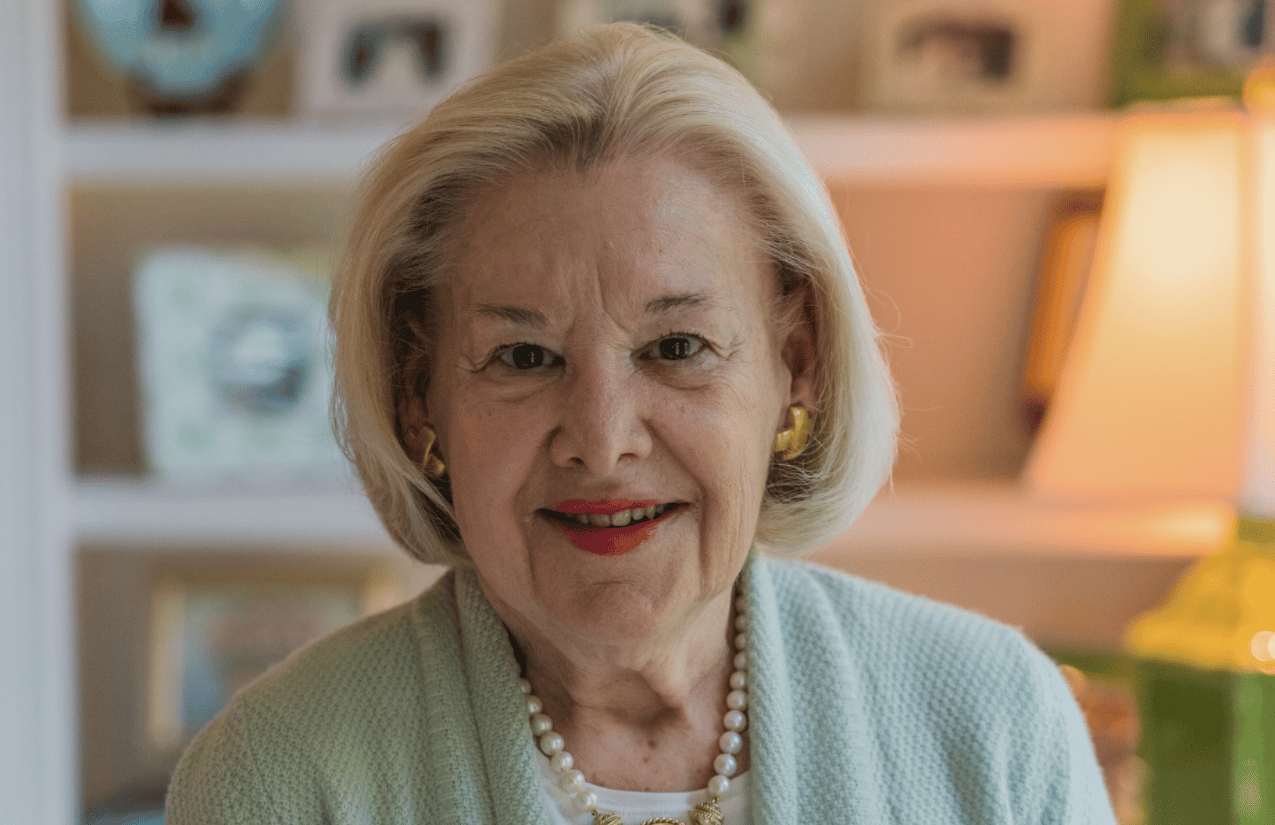
By Crain’s Content Studio
In March of 2020, people’s lives changed in the blink of an eye as COVID-19 surged through communities. For teens, the pandemic cut off ties to everything that was once familiar, such as being in a classroom, spending time with friends and extracurricular activities. According to the 2021 C.S.Mott Children’s Hospital National Poll on Children’s Health at Michigan Medicine, 46% of parents nationwide reported their teenager between the ages of 13-18 experienced new or worsening mental health conditions following COVID-19.
In early November, The Children’s Foundation and Crain’s Detroit Business convened a group of students to better understand childrens’ mental health needs. The group recalled the initial period of quarantine as isolating and emotionally difficult, reflecting on that time now, some teens acknowledged feelings of appreciation. During that time, they were able to bond with their families; they also appreciated the opportunity to get to know themselves better. While the isolative nature of the pandemic lead to a natural decline in socialization, some students report that because of that, they now are more eager to connect with new people.
“Since COVID happened, I find that I’m having more intuitive and interesting conversations and having more in common with people I haven’t talked to before in school,” said Terrance, a senior at American International Academy High School in Inkster.
Terrance and eight other high school seniors from across Southeast Michigan recently came together to talk about the effects of the pandemic on their mental health and what they need most from the adults in their lives when looking for mental health supports. The 90-minute roundtable conversation was moderated by pediatric psychiatrist Dr. Matt LaCasse.
For Gen Z in particular, the stigma that surrounds mental health is rapidly changing. These teens agreed that mental health is more openly talked about in schools and even at home around the dinner table than in past generations. Several teens shared that it’s not uncommon to turn to parents, siblings, and close friends for emotional support. They agreed that mental health is just as important as physical health.
What follows is an excerpt of their conversation, in their own words.
The students involved in the round table are all participants in the Midnight Golf program. Founded by Detroiter Reneé Fluker in 2001, Midnight Golf brings together 250 high schoolers from across Southeast Michigan to learn life lessons through the game of golf. The twice-weekly program focuses on college preparation; each day ends with a family-style meal. In 2020, 100% of students involved in Midnight Golf graduated high school.




